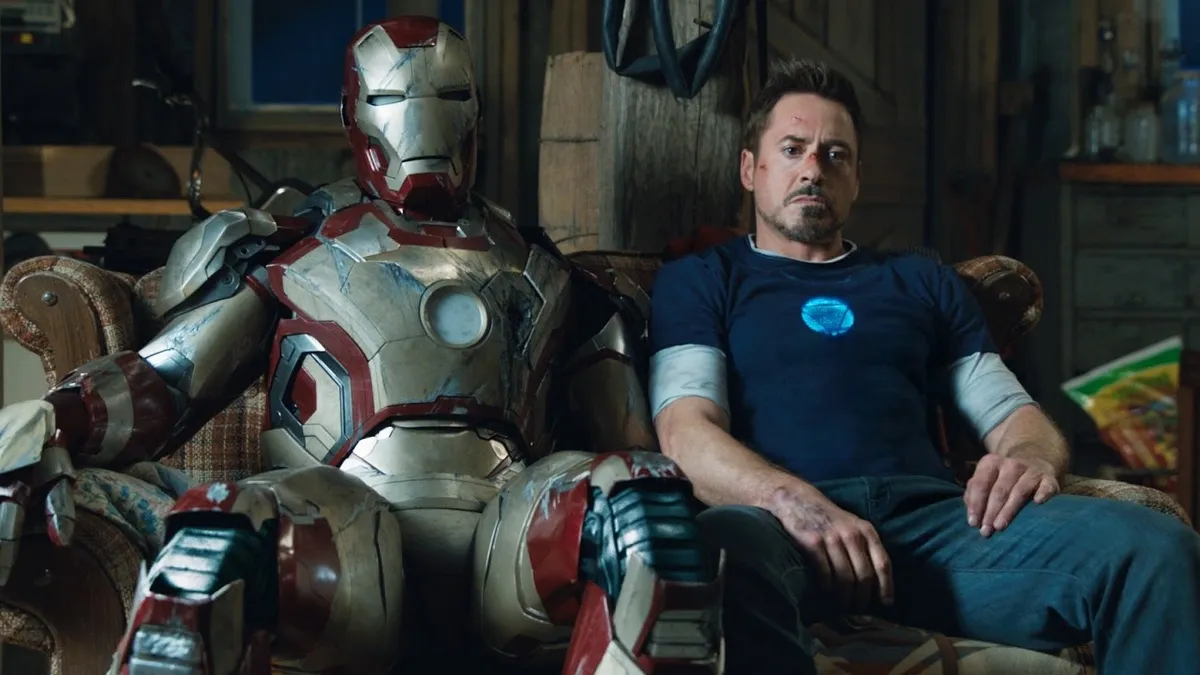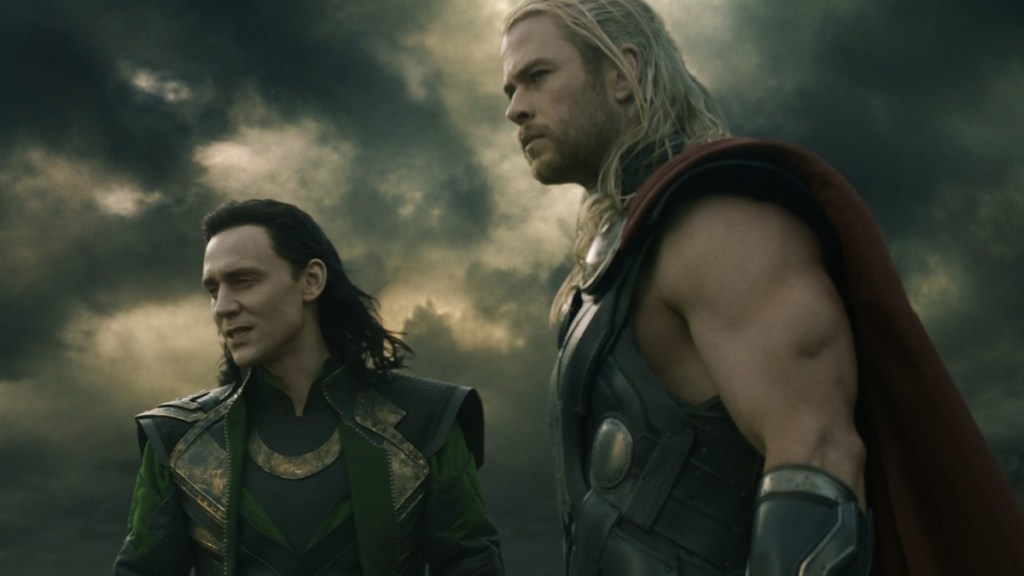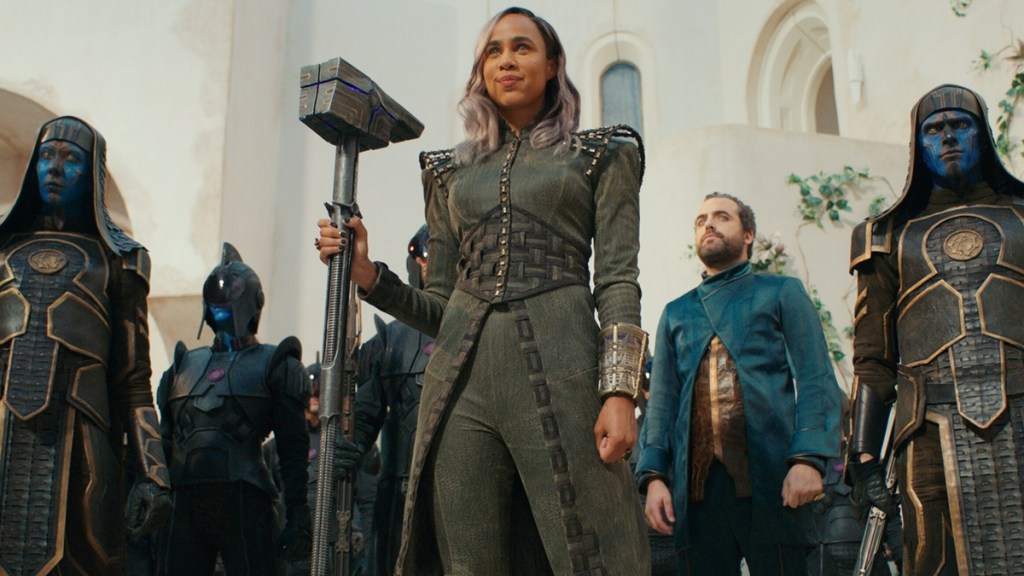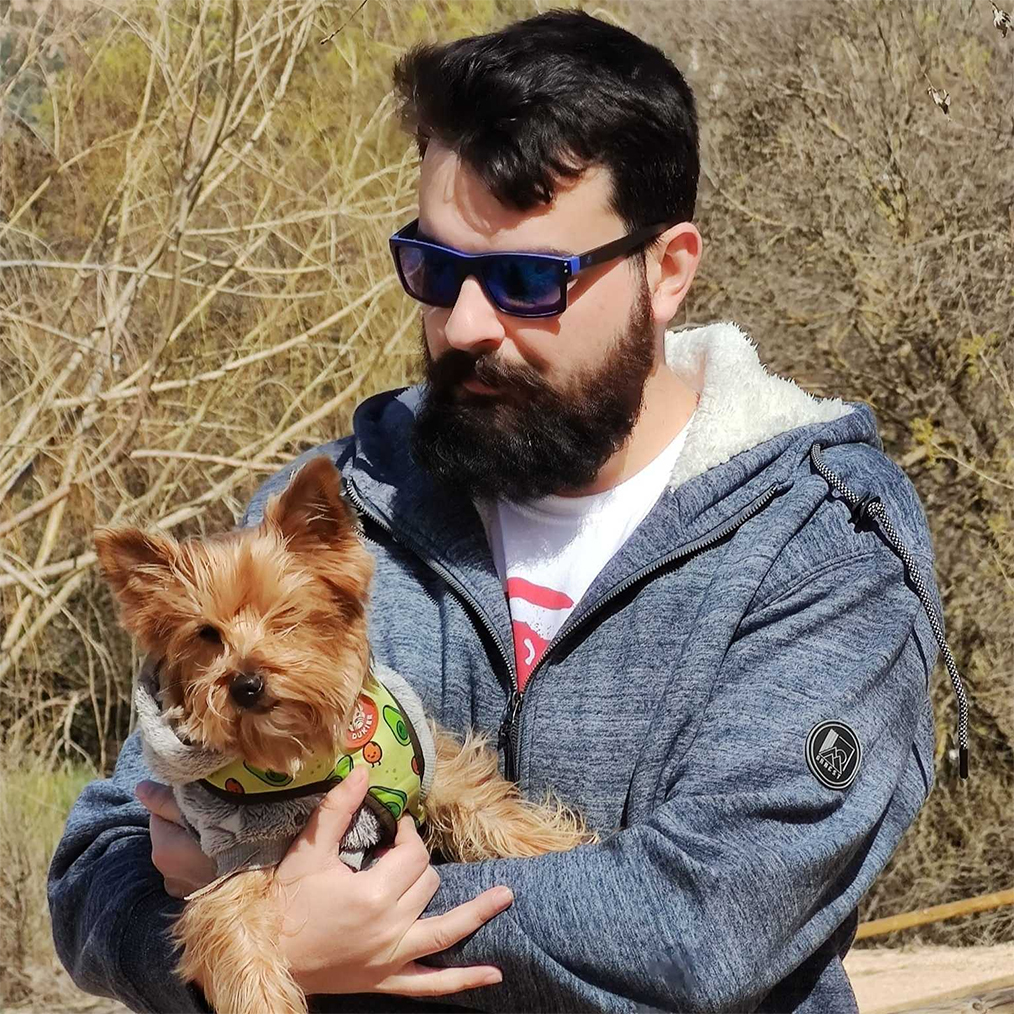The Marvel Cinematic Universe is in a weird place right now. In fact, it’s been trying to figure out what it is and what it can offer in the long run ever since the Endgame high wore off around the time the pandemic started. While most Hollywood studios would kill to have what Disney and Marvel Studios still have, only Spider-Man: Far From Home and No Way Home (co-productions with Sony) plus Doctor Strange in the Multiverse of Madness have managed to either surpass or hover around the $1 billion golden mark that Marvel comfortably crushed several times between 2012 and 2019. Simply put, the MCU is having a bit of a hangover.
The televised side of the MCU – something that only started in 2021 – could be doing much better for all we know, as only Disney has access to the real viewership numbers and plenty of questionable projects keep getting the green light amidst talk of aggressive downsizing that hasn’t arrived yet. However, if we look at the online (and real-life) chatter, only WandaVision and Loki (now preparing its second season for an early October release) had a lasting effect on fanatics and casual viewers alike. I myself greatly enjoyed Hawkeye and Moon Knight as well, but it seems that’s not the most popular of opinions.
This climate reminds me of what the MCU’s 2013 felt like, albeit in a much bigger scale, of course. A whole decade ago, Marvel Studios wasn’t even doing more than a couple of movies per year, so things have certainly changed a lot since Joss Whedon’s The Avengers irreversibly changed modern pop culture and franchise filmmaking. But we’re still looking at a scenario in which those in power had to quickly react to massive success without slowing down the machine.
By the time Disney and Marvel figured out all the power they now had in their hands after going through their first event movie’s box office numbers, Iron Man 3 was deep into production, and Thor: The Dark World was about to start shooting. That gave the folks at Marvel little to no maneuvering time to capitalize on the biggest strengths of The Avengers and play up the “connected universe” angle, though it’s easy to spot the changes the second Thor adventure went through: a bigger role for Loki after becoming a fan-favorite villain (including a major scene added in during post-production), an odd Captain America cameo, and last-minute Whedon rewrites.
On the other hand, Iron Man 3 felt like an on-purpose rejection of the MCU’s franchise trappings, with renowned action-comedy filmmaker Shane Black going all Shane Black (alongside scribe Drew Pearce) with an explosive – albeit often confusing – mix of Iron Man lore presented like one of the movies that made him famous. This is the kind of adaptation you’d have expected from the studio after the surprise hit that was James Gunn’s Guardians of the Galaxy (2014), but as the third Iron Man made under the unpleasant reign of the (now defunct) Marvel Creative Committee and as a direct continuation of the events of The Avengers, it certainly felt like a big anomaly.
Mind you, my main comparison here between the MCU’s 2013 and its ongoing post-Endgame hangover is mostly focused on the scattershot, unfocused creative output. Yes, the volume is completely different, and so are the financial context and the length of the periods, yet we can draw some parallels here. The talk of the town around Kevin Feige and Marvel Studios has always been they excel at mapping out and then executing their vision. That should at least be partially true, as you don’t crack the “cinematic universe” code with a ridiculous streak of resounding financial hits without being decent at doing the required homework. However, it’s become increasingly evident that maybe they’re just great at improvising and reacting to both internal and external narratives.
Major objectives are for sure a thing at Marvel. The larger Infinity Saga didn’t feel like the result of luck and improvisation, and all the work being done around the concept of the multiverse is obviously a key part of the bigger plans, but how the studio has time and again navigated and steered the ship between route points has never been fixed. In fact, it’s impossible to strictly follow a predetermined release schedule and creative road plan when you’re tied to the whims and changes of a capricious industry and investors that have little interest in the creative process nor the well-being of those involved.
The funny thing is that, even with all the financial might accumulated over the years and the post-Infinity Saga plans put in place long before Endgame and the epilogue-ish Spider-Man: Far From Home rocked the box office in 2019, the MCU always seemed destined to have another creative hangover after the double event. Restarting the machine with Black Widow, Shang-Chi, and Eternals was always the plan, and the pandemic-caused delays didn’t change any of that. On paper, this seemed like a great idea, as fans and casual audiences alike needed (and asked for) a respite made up of smaller stories after a generation-defining moment. Feige’s promise of a Phase 4 that was all about meeting new characters and following the next step in the veterans’ arcs sounded great, but the end result was disjoined and aimless in a way that felt true to comic books but problematic for the audiovisual medium.
Two years later, and ten after Iron Man 3 and Thor 2, the MCU oddly feels like it’s at a similar post-event crossroads well into Phase 5, though there’s much more at play now and the hangover has been going for way too long. Ironically, Disney and Marvel have found themselves in this position by doing the opposite of what went down around the release of the first Avengers: planning too much too fast.
Looking at their 2013 movies, we can see two very different ways of understanding the MCU and franchise storytelling that have worked well in tandem in the past: trusting bold creatives with refreshing visions (Iron Man 3) or tinkering with straightforward projects to hell and back because of external factors until you’re left with a charmless puddle (Thor 2). Mind you, Marvel Studios has been traditionally great at making competent “charmless puddles” that offered little more than universe-building, but thankfully they were balanced out with strong and captivating adaptations that had unique – or at least strong – voices behind them. After Taika Waititi disappointingly phoning it in with his second Thor flick and James Gunn closing out his Guardians trilogy before trying to will a new DCEU into existence, I fear we’ve been left in The Dark World until someone figures out how to turn on the lights.








Published: Sep 21, 2023 03:00 pm